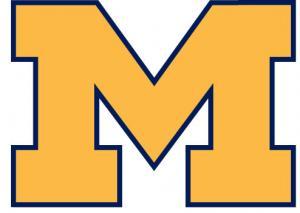
The inadequate density and distribution of health care providers is having a profoundly negative effect on health outcomes around the globe. In Africa in particular, too few physicians and supporting health care professionals are being trained to meet local needs. A key barrier to educating more health care providers is the lack of instructors to teach both basic and clinical sciences. This is complicated by the duplication of faculty efforts at multiple sites for courses which can now be completed online.
In this planning grant, we will:
- Develop a low-cost and scalable process (dScribe) for converting existing educational materials into Open Educational Resources.
- Convert a set of educational materials from the medical, dental, and public health schools at the University of Michigan as a proof of concept.
- Develop a website with an integrated learning management system to facilitate delivery of educational materials based on specific diseases, educational outcomes, or entire curricular paths.
- Establish the commitments of all University of Michigan health sciences schools to the vision of Open Educational Resources for all curricular materials.
- Convene meetings with colleagues in South Africa and Ghana to identify how they could add their own materials to the site, adapt existing materials, or jointly generate materials with Michigan-African collaboration.
- Track costs and resources needed for all activities in preparation for a full proposal to be submitted by November 15, 2008.
We believe this model will succeed because it responds to an imperative need, it capitalizes on our existing information technology used to train physicians and other health care providers, and builds on our existing long-term partnerships in Africa.

Jump to:
| Document Title | Creator | Downloads | License |
|---|---|---|---|
|
2008 Health OER Planning Grant Proposal to the Hewlett Foundation |
Unknown
|

